Korea expands presence in Saudi Arabian technology and defense sectors
South Korean internet conglomerate Naver Corp. took a significant step towards contributing to establishing smart cities in Saudi Arabia by exporting its Digital Twin solutions to the kingdom.
Naver and the Saudi Ministry of Municipal, Rural Affairs and Housing signed an agreement to build Digital Twin in the Saudi capital Riyadh, as well as Mecca, Medina, Dammam, and Jeddah, over the next five years as part of the kingdom's low-carbon smart city construction project. Digital Twin is a virtual space created exactly like reality and a platform for city-level simulation.
With the deal, Naver is the first Korean company to export an ICT platform to the Middle East. The 5-year project is worth a total of 135 billion won ($100 million) and is also the largest ICT platform to be exported by a Korean company.
Saudi Arabia plans to use the platform for various purposes, including urban planning, city management, and flood forecasting, using Naver's artificial intelligence (AI), cloud computing, and robotics technology.
Digital Twin solutions are useful for city planning and management because they can simulate various potential issues related to cities without incurring high costs. For example, one can predict the traffic around a building and modify the design before construction begins. It is also possible to detect areas that are vulnerable to floods during heavy rains, and place water and sewer systems to minimize the risks.
A digital twin that contains the spatial data of an entire city is extremely valuable as, once built, it can be used to test a variety of innovative services. The platform allows tech firms to develop autonomous robots that operate based on a digital twin map or create immersive content such as virtual reality (VR) and augmented reality (AR) at low cost. Digital twins are thus considered a long-term asset and digital social overhead capital (SOC) for future cities such as smart cities.
The cooperation between Korea and Saudi Arabia has also strengthened in other industries, with Hyundai Engineering & Construction Co signing a contract with state-owned oil company Saudi Aramco for the Jafurah 2 gas plant package project. The plant, worth $2.4 billion, will be built based on Korean plant technology in the Middle East's largest shale gas deposit.
The two countries are also expected to bolster cooperation in the defense industry amid recent conflicts such as the Ukraine-Russia war and the Israel-Hamas conflict.
“Defense cooperation with Saudi Arabia is becoming a promising vision,” Kim Tae-hyo, first deputy chief of the presidential National Security Office, said during a press conference held in Riyadh on Sunday.
Korea and Saudi Arabia are reportedly in the final stage of talks for the export of Korea’s surface-to-air missiles to Saudi Arabia. The kingdom, which has faced threats from Houthi rebels in Yemen using ballistic missiles and drones, has a pressing need for interception systems.
Saudi Crown Prince and Prime Minister Muhammad bin Salman expressed considerable interest in the weapon system produced by Korean companies during his visit to Korea in November 2022.
Since taking office last year, Korean President Yoon Suk Yeol has identified the defense industry as a key sector for national development, often likening it to the country’s new economic frontier. In the first half of 2023, the President’s Office of National Security established a specialized unit dedicated to promoting defense exports.
According to data from the Korea Institute for Industrial Economics & Trade, Korea’s defense industry sales are expected to surge by 58 percent, increasing from 18.78 trillion won this year to 29.72 trillion won by 2027.






















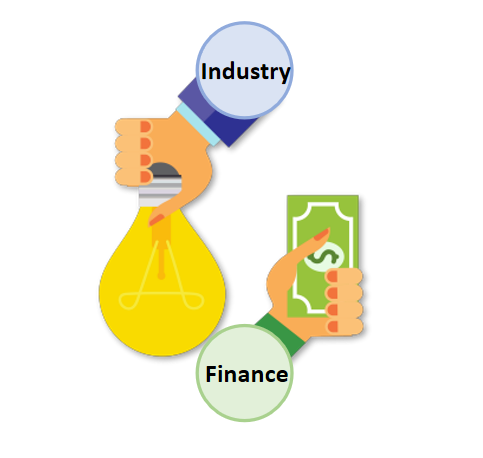
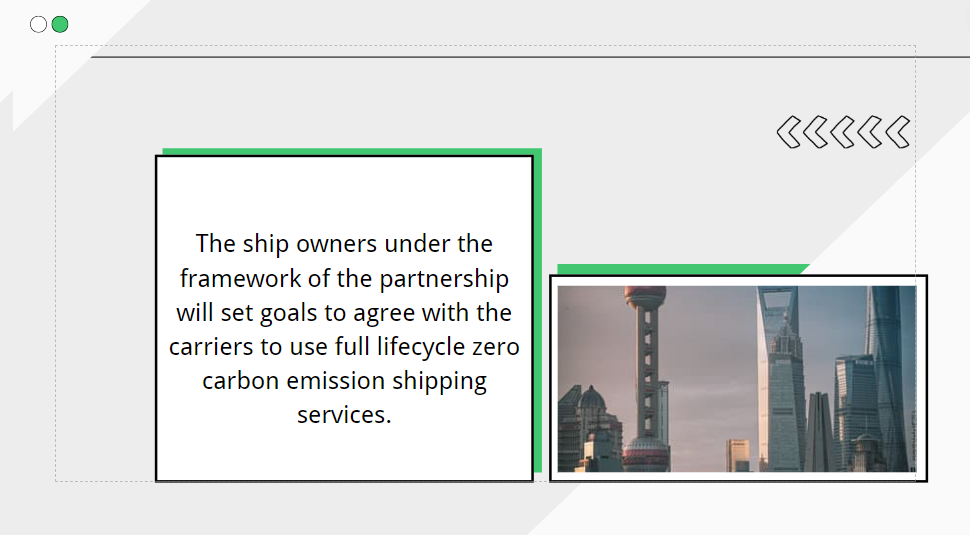
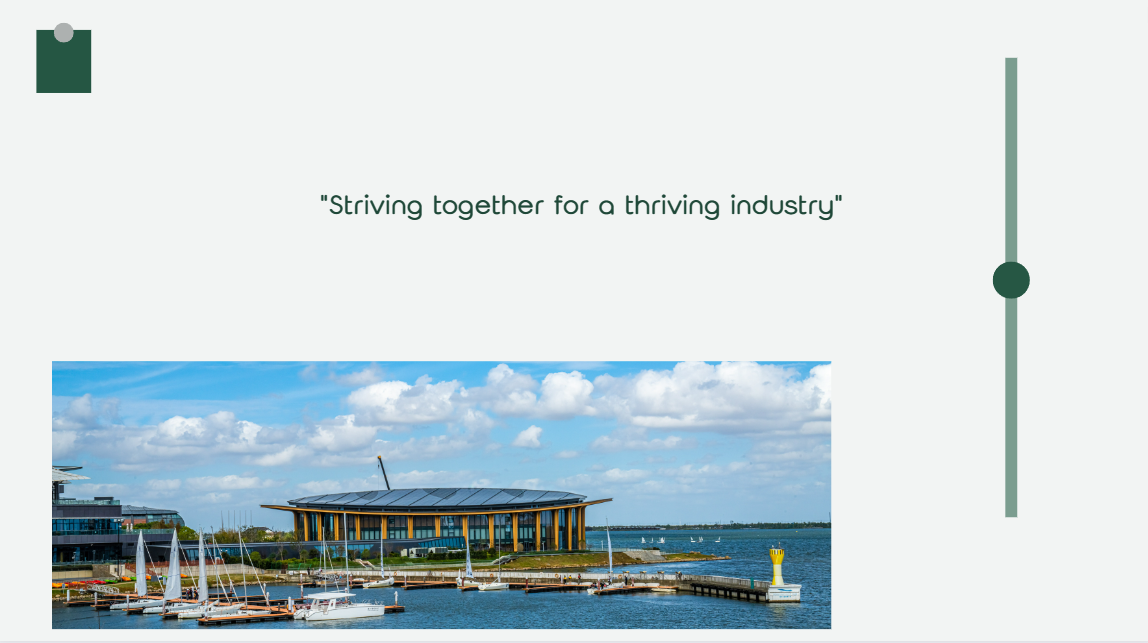
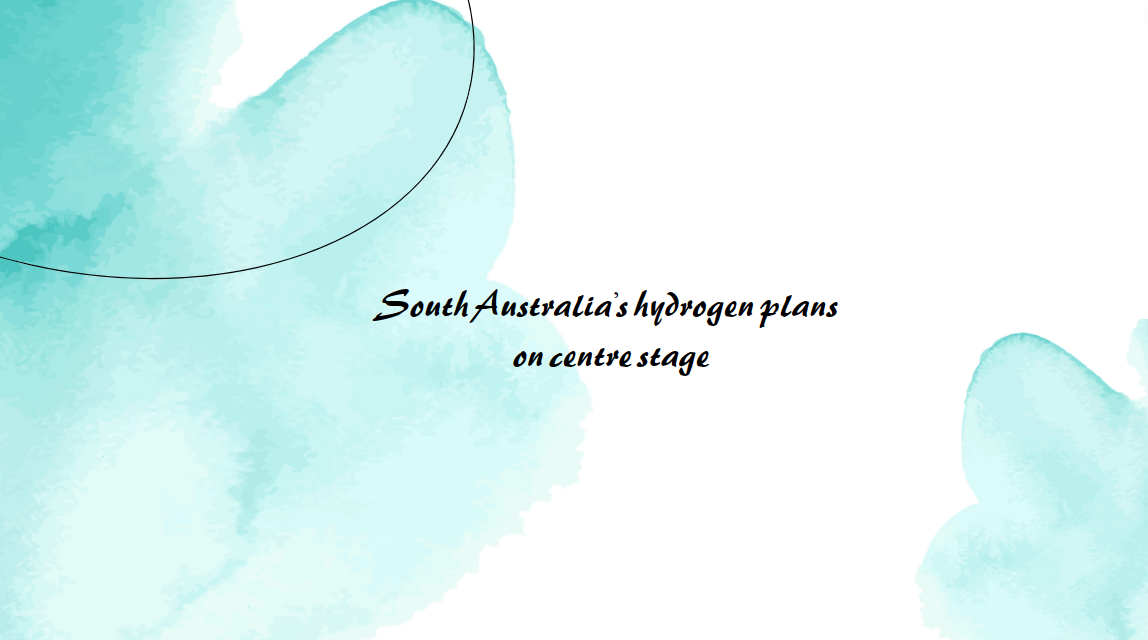
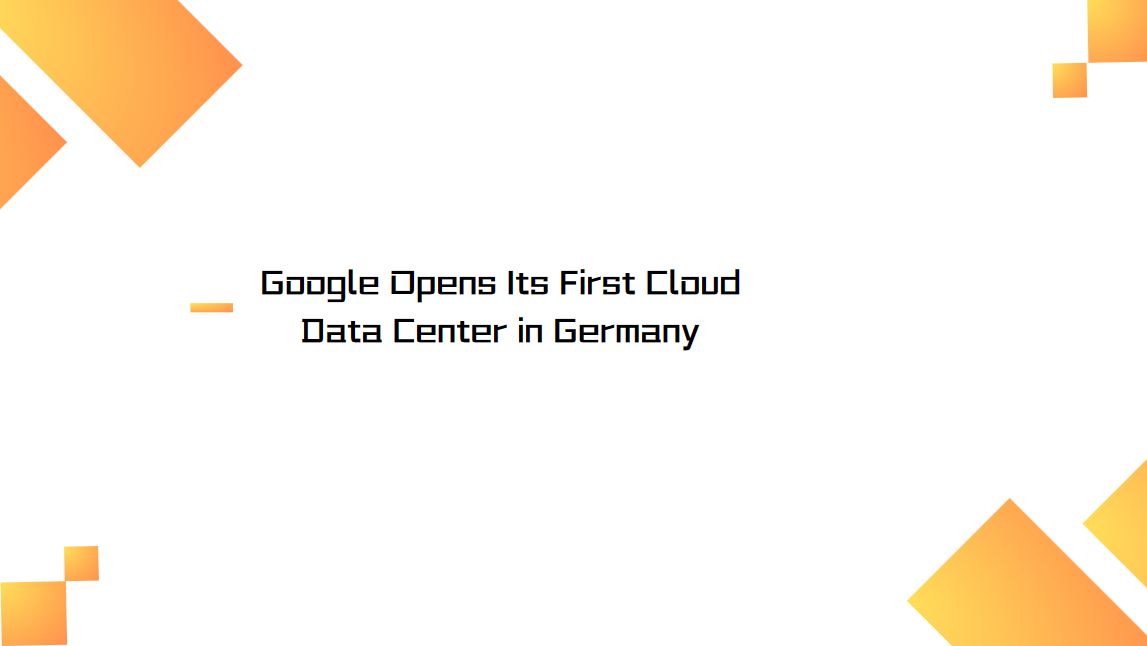


























First, please LoginComment After ~